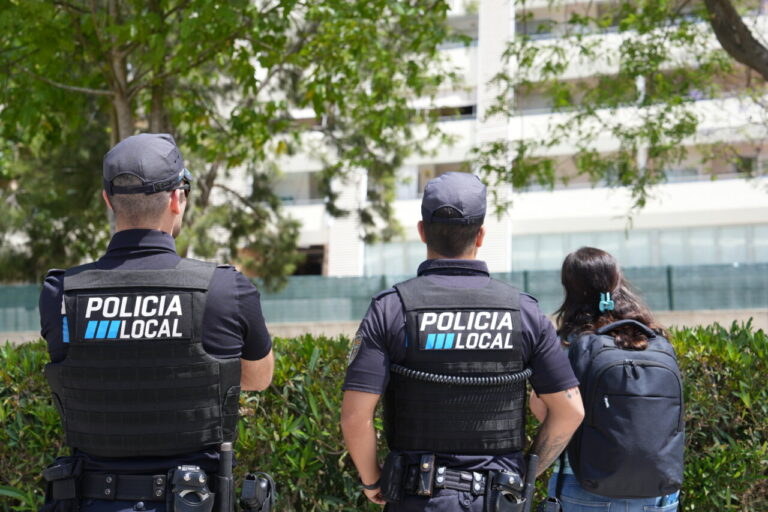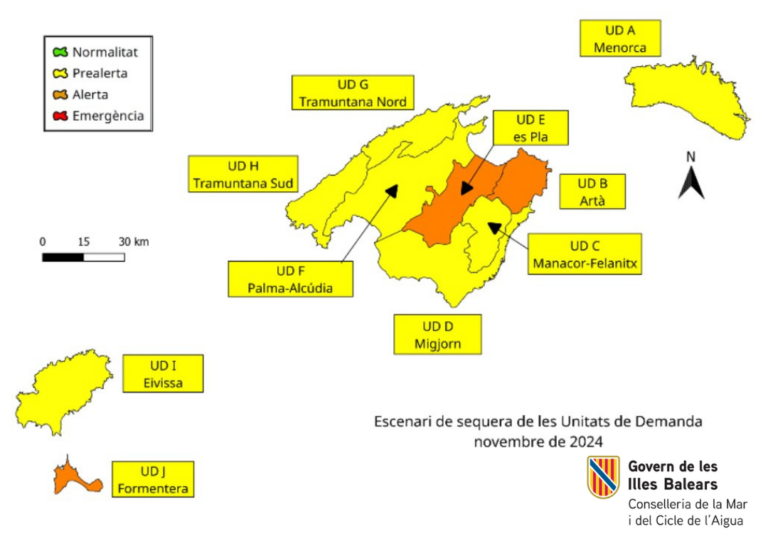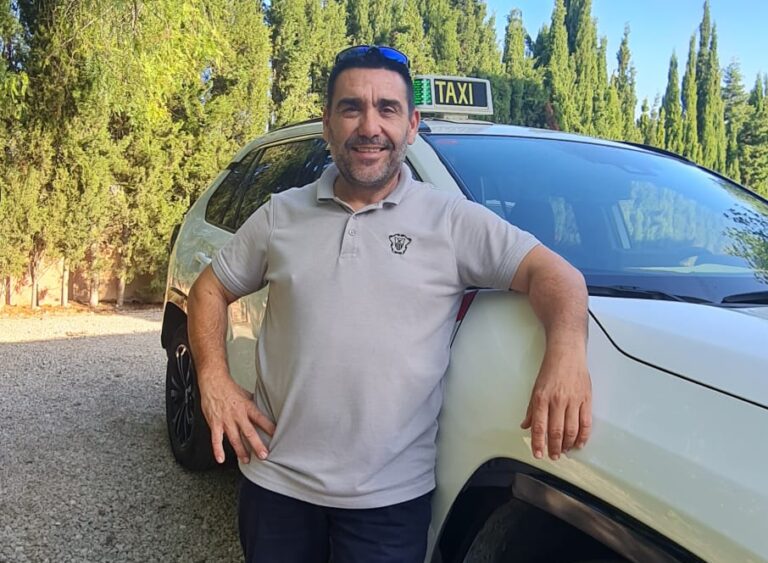*By Esteban Gómez. Licensed Psychoanalyst by the University of Buenos Aires (UBA) (MN 25.591 MP 25.668).
Our brain is the product of millions of years of evolution. It is a perfect computer that has achieved numerous survival and adaptation skills. The brain is also a great factory of chemicals, be they hormones or neurotransmitters, that design and manage programs and behavioral responses. But human beings are much more than our brains.
A bit of history
From the time we came out of the water, through our life in the trees, until we “came down” and left the four legs to walk on two legs, everything has changed except our ability to adapt to what the environment has proposed to us. Neuroscientists explain that our brain likes the familiar and energy saving. It is comfortable, thrifty and chooses the safe only because it wants to survive as a species.
This makes us similar to any other mammal. But psychologists affirm that in us there is an “epiphenomenon” of the brain called mind. Finally, psychoanalysts clarify that
The virus of change
Undoubtedly, in the last five years, the challenging global reality has placed us as a species in a new level of evolution, perhaps a micro-evolution. More subtle, but no less effective and transcendent. By preferring “homeostasis”, i.e. what is known or what remains the same, everything that takes us off axis and out of our comfort zone is threatening to us and therefore becomes a source of anxiety, anguish and fear.
The physiological response to stress is exacerbated and our mind can lose control. Every health professional of any specialty has witnessed in recent years, how our mental health is degrading and in some cases acute crises have multiplied. Personal crises, but also bonding, family, work and therefore, social crises.
Some thinkers such as G. Sartori (1924-2017), Z. Bauman (1925-2017), B. Berardi (1949) or B. Chul Han (1959) had already been warning (each one from his own knowledge) that the 21st century was bringing a liquid form of society, a hegemony of the image, changes in the paradigm of the way we govern ourselves. And they agreed that many of these changes were fast enough to “adapt smoothly”. Yes, “smoothly”.
The last twenty years have seen technological, scientific and therefore social changes that have changed our society more radically than the scientific and cultural changes of the last 400 years. Humanity perceives this rapid process, not as a “cultural soft landing” but rather as an “emergency landing”.
The hegemony of certainties
Many human beings who live in cities and have paid jobs perceive it as something natural to turn on the faucet and have drinking water, turn on a lamp in their bathroom to take a hot shower or open their refrigerator and have a piece of cheese.
Health, employment, love, youth and friendship are other variables that go into the account of certainties. But something happens when those certainties collapse overnight. Emotional crises due to unemployment, divorce or the death of a loved one knock on our door and take away all peace of mind and comfort. Certainties are gone.
From certainty to certainty
This is a big step that every subject must take. There are very few certainties. They are only those that belong to the laws of physics, chemistry or biology when it touches our shoulder to tell us “no more…”. The remaining certainties are in fact certainties, i.e. they may have a high percentage of occurrence, but they are not absolute. Affections, bonds, loyalties, even economic decisions are crossed by the possibility that, even if we try, even if we give our best, they may not happen.
Seeing our small human reality as a great chain of certainties is very liberating. It takes off our Superman or Wonder Woman costumes. We know now that we prefer certainties, (even if we have to settle for a handful of certainties), we prefer maps and proven recipes and we often get angry with reality. Every adaptive challenge disturbs and stresses us, but the global effects of this reality of our last five years are more than a challenge.
Let’s take for example what happened in Pandemic. It is precisely at this point that millions of human beings, who moved only in the rigorous and fantastic plane of certainties, became aware of their smallness and human inerrancy in a few days. What could we say about the inhabitants of Kiev that Wednesday, February 23, 2022? Just one day before missiles began to fly over their houses, squares and dreams. The ideas of “my job, my money, my health, my vacation… my projects”, were seriously damaged in a few days. Many have woken up to a new world, perhaps wilder, deadlier and, why not, deeper and simpler.
Uncertainty
If the first 20 years of the century had brought great changes, imagine what is yet to come. Yuval Harari (1976), Israeli historian and professor at the University of Jerusalem, is one of this select group of
We are all beginning to become aware that a profound change is happening under our feet. We can all feel that job, economic and social uncertainty is present in our homes on a daily basis. Regardless of any socioeconomic status we may have.
A new specter is haunting not only Europe, but every corner of the planet. The drums of war are once again beating like old echoes of the devastation of the 20th century. Fear, confusion and discouragement are used as weapons fired daily at our social fabric. So, How do we manage uncertainty and what should we do to make it affect us as little as possible?
Man proposes and God disposes
Initially, we must clarify that there are no recipes. And there are none because every human being is different, every upbringing has been different and “every family is a world” my grandmother Elvira used to say. I can only share some small certainties of my own and my own practice experiences:
- Uncertainty takes us out of the known and therefore requires us to change our approach and paradigm. Therefore, it teaches us a lot.
- Uncertainty shows us in a mirror our finiteness, inerrancy and scarce control of reality and therefore makes us more humble.
- Uncertainty must be faced with family, friends, love and solidarity.
- Mental flexibility (neuro-plasticity) is important to be able to change course if necessary. Remember that rigid things break easily.
- Uncertainty can only be managed, as it cannot be solved or made to disappear.
- Moments of uncertainty are managed by relying on everything we know, on our past experiences and if there is something you don’t know: ask for help.
- These difficult moments are crossed with serenity, patience and faith in everything that transcends us as living beings. We can call it God, Universe, Energy or whatever you want.
The future is always uncertain, just an illusion. Humanity as a species has already gone through these moments hundreds of times. I am convinced that we will go through them once again.










